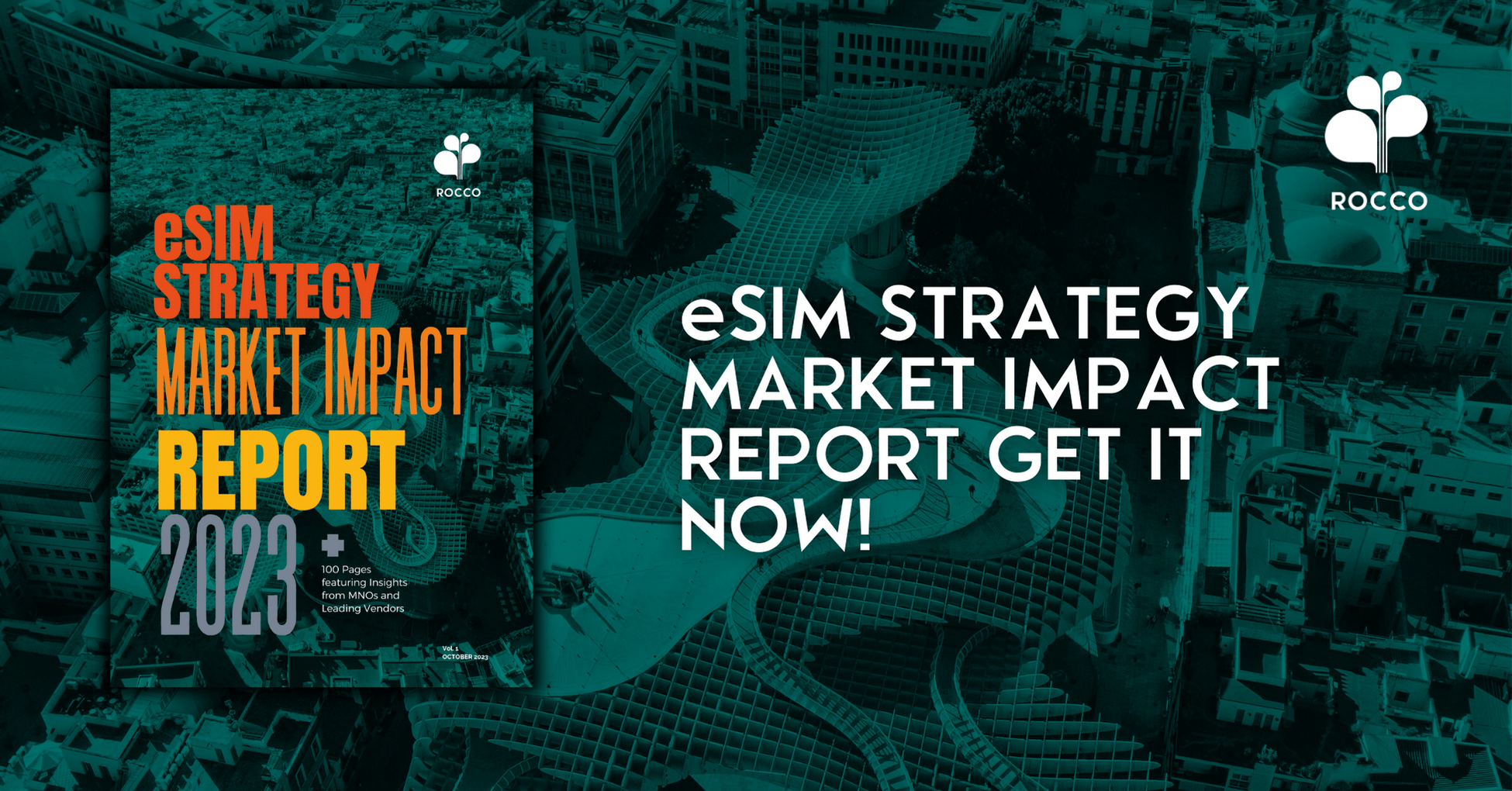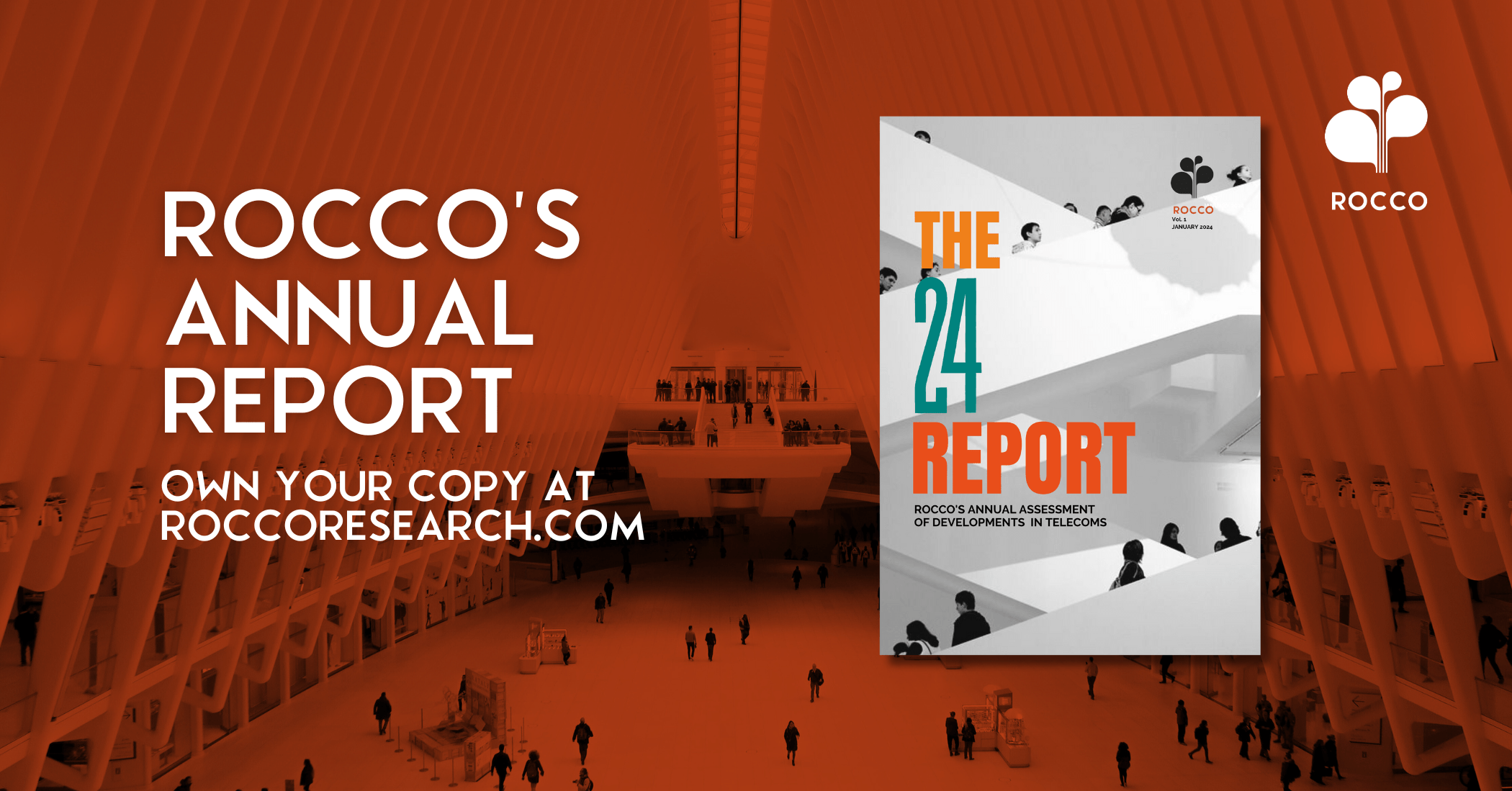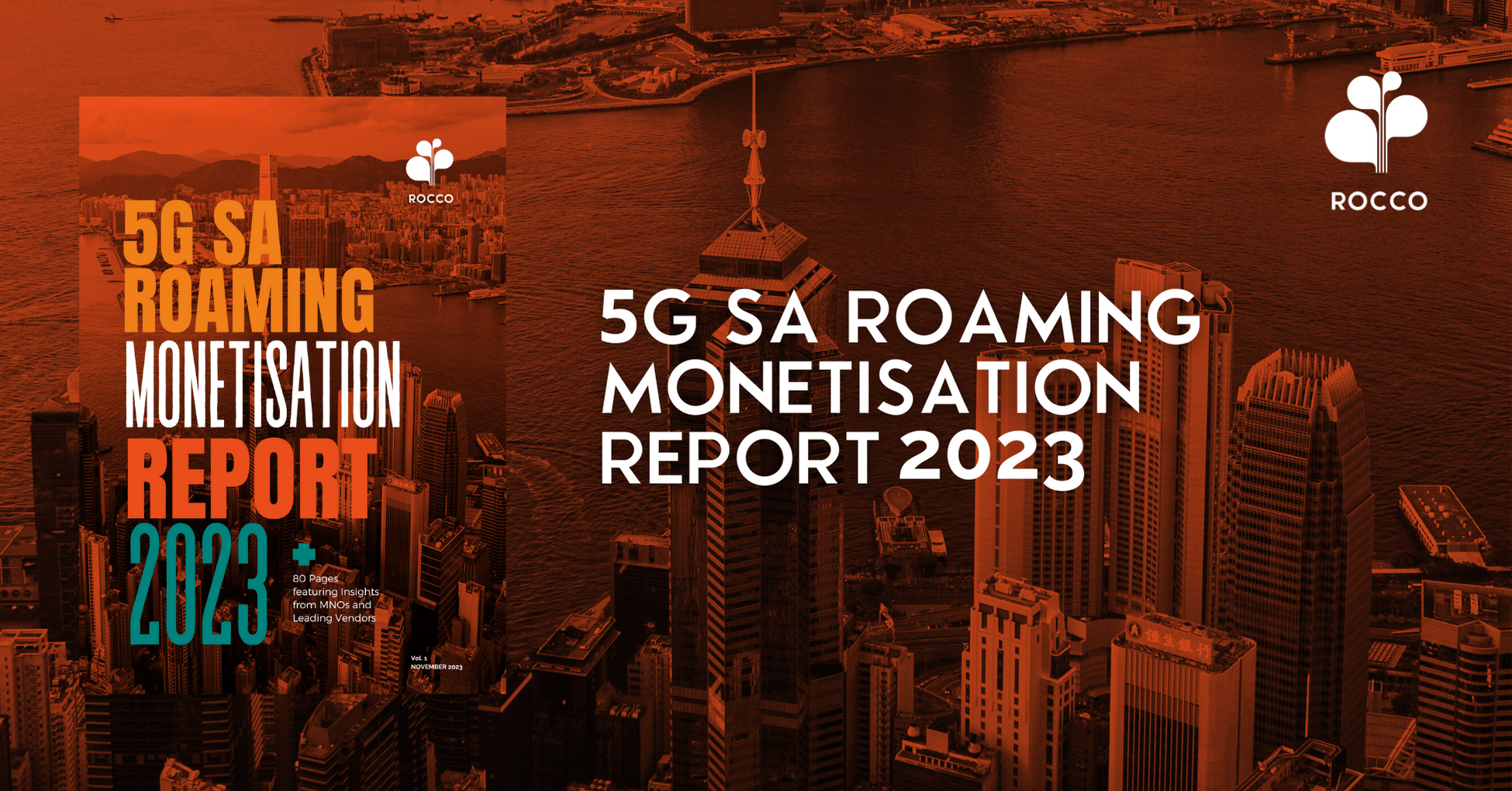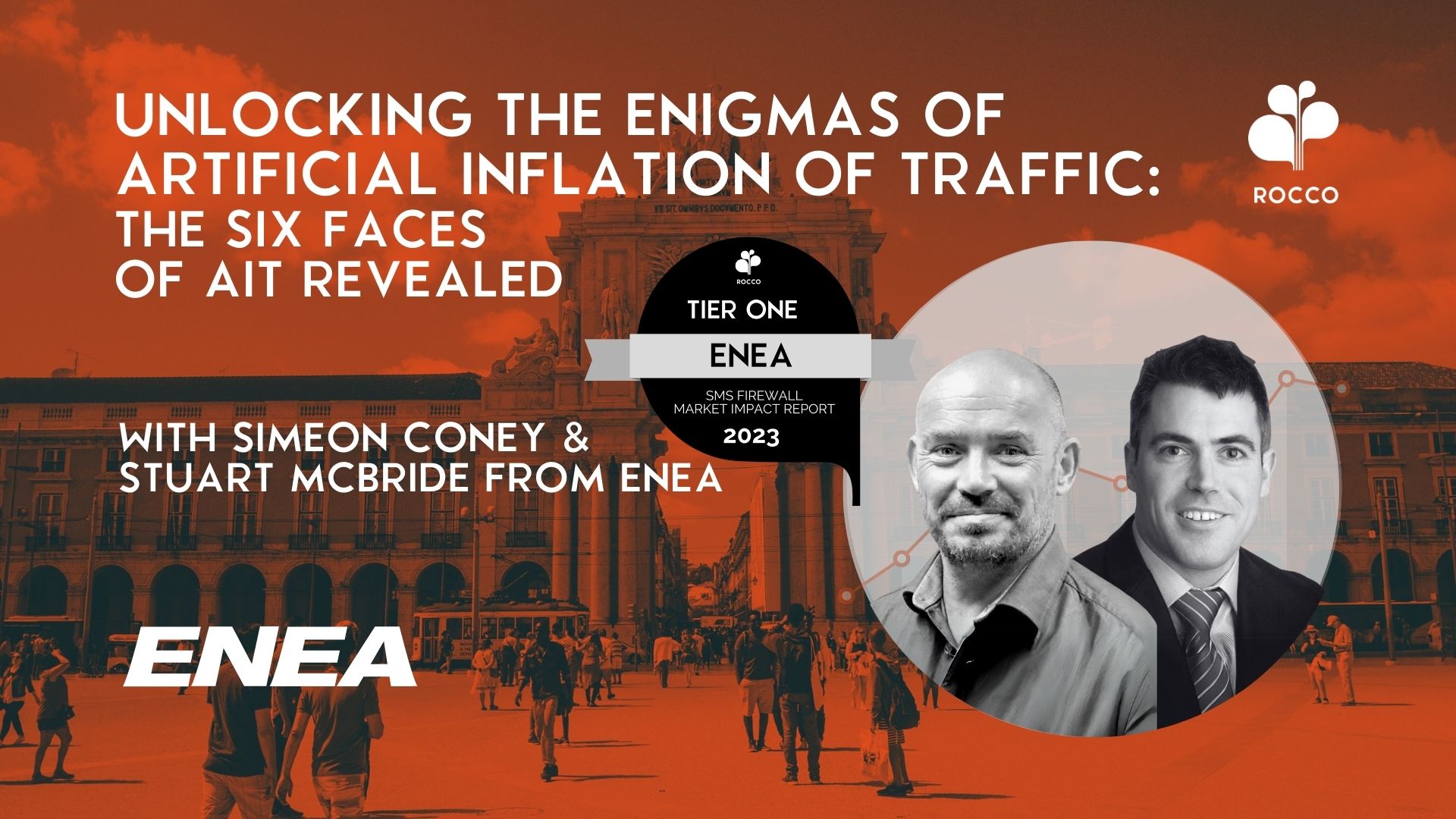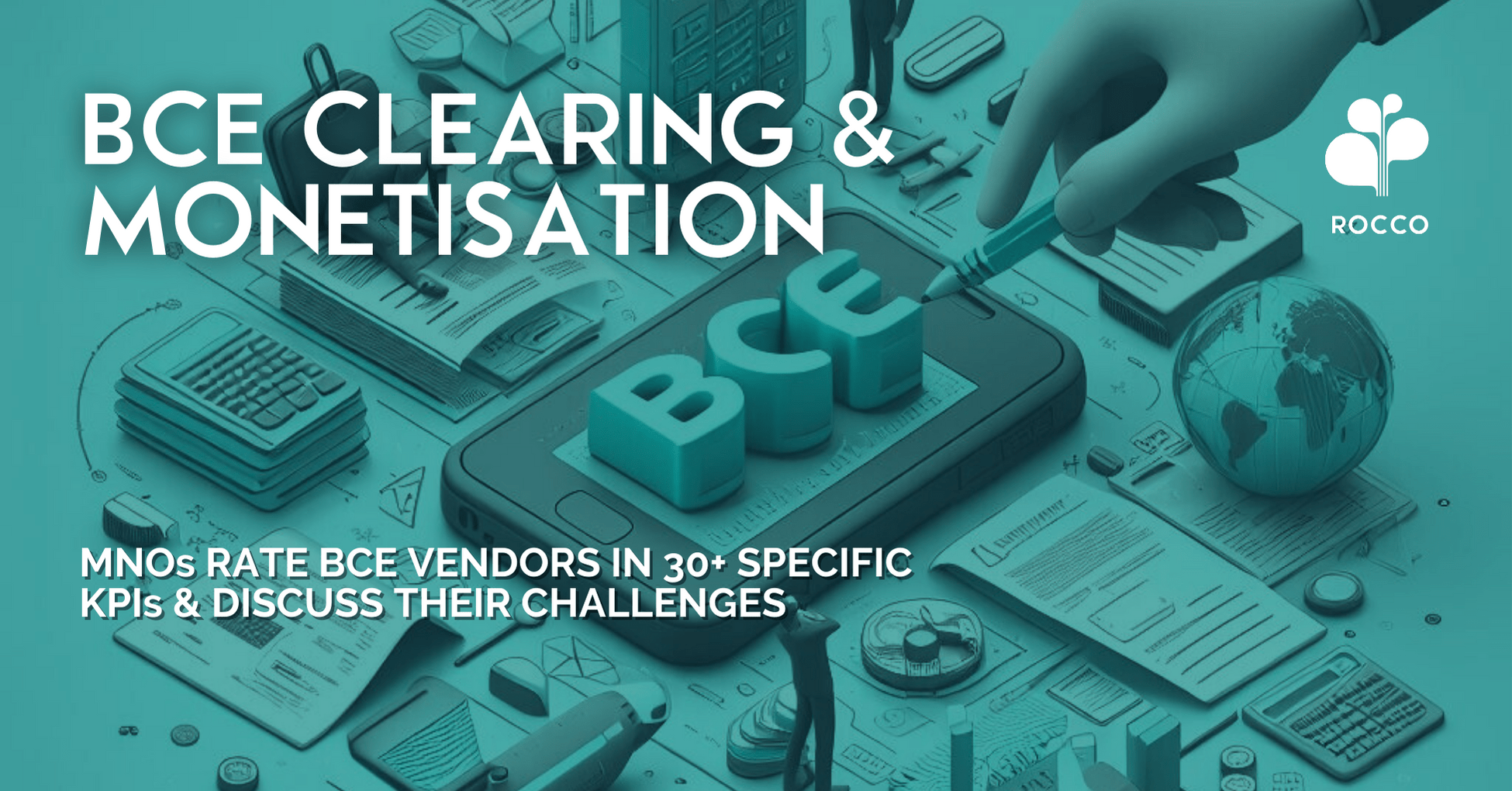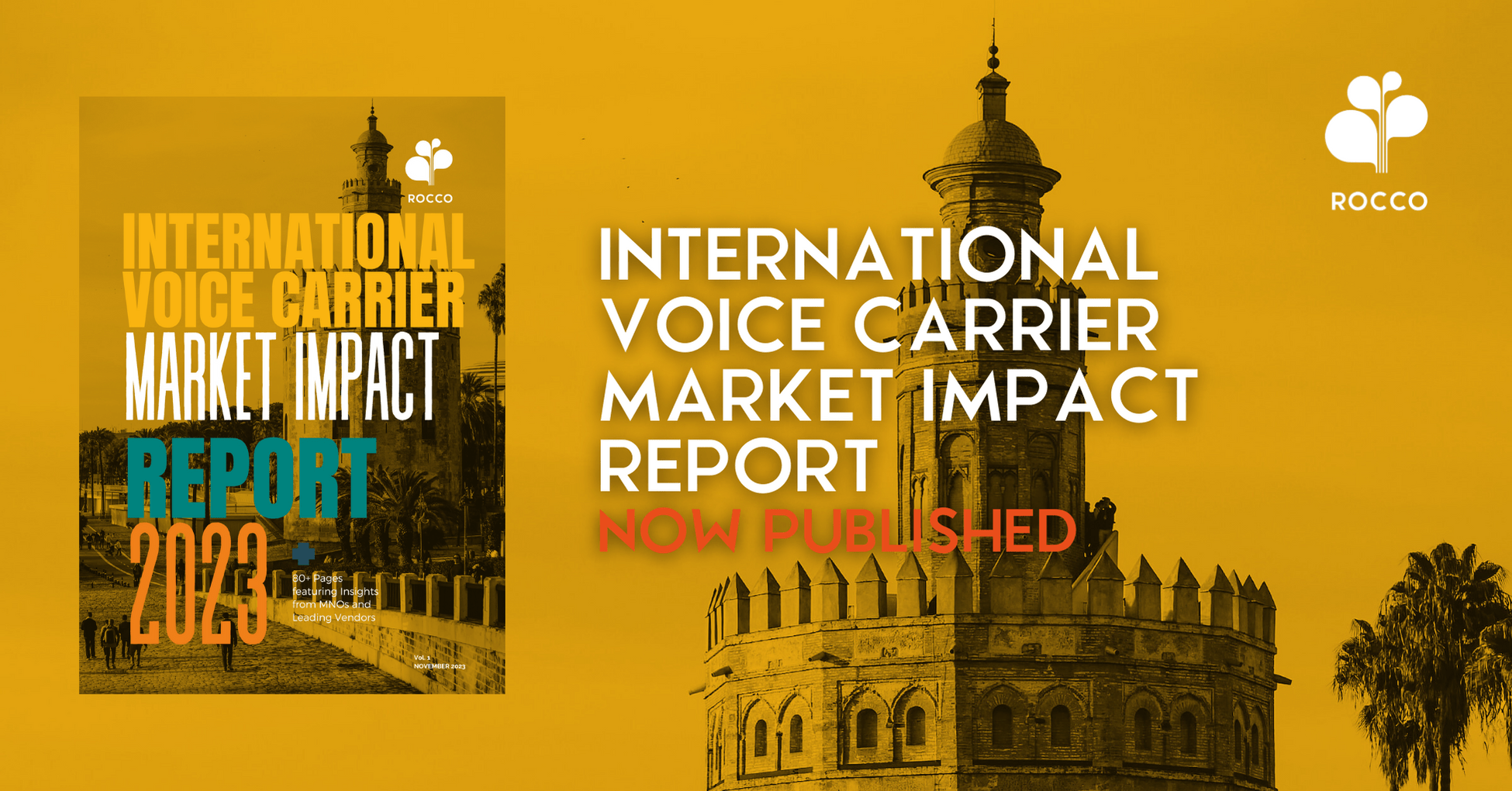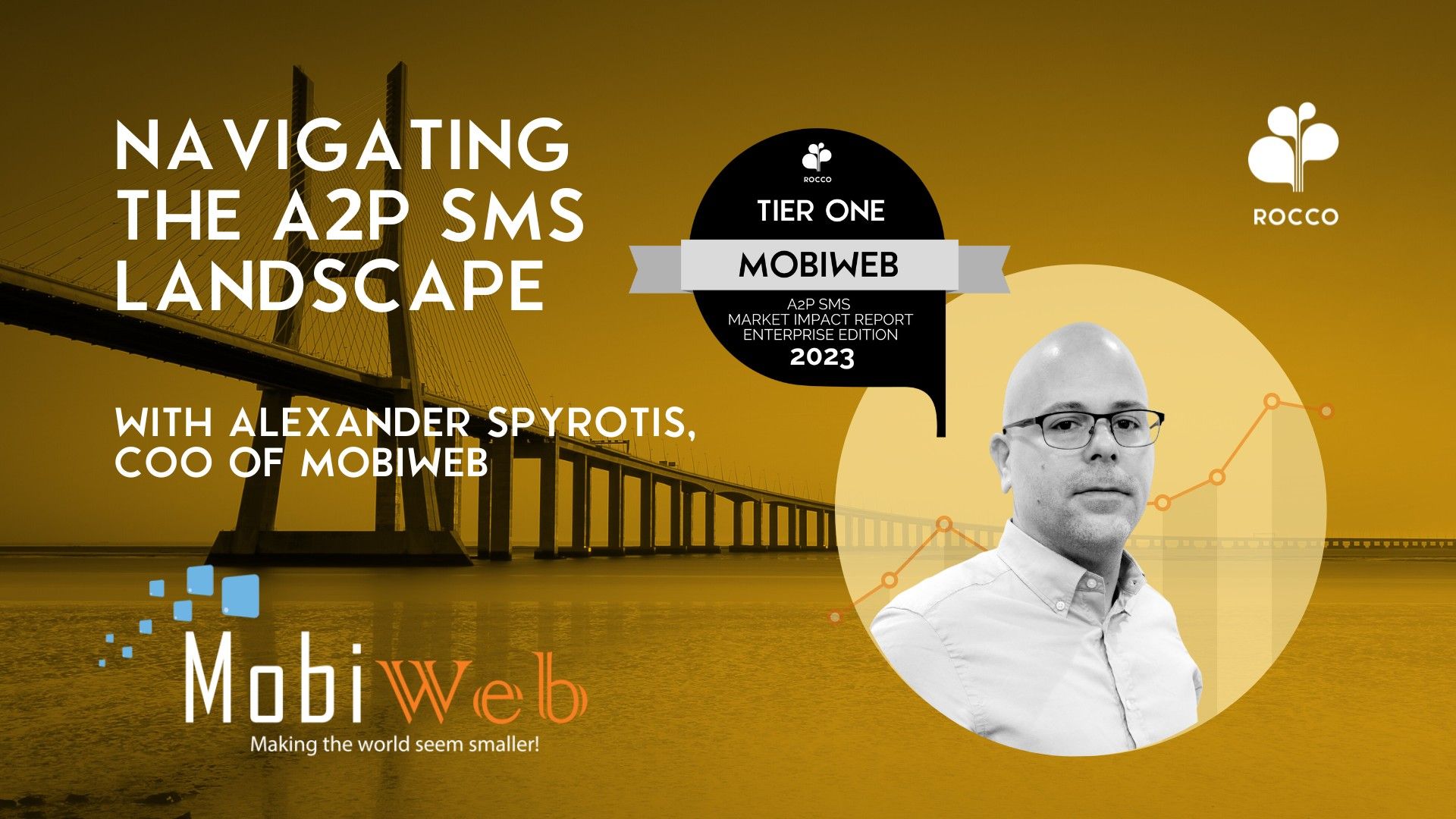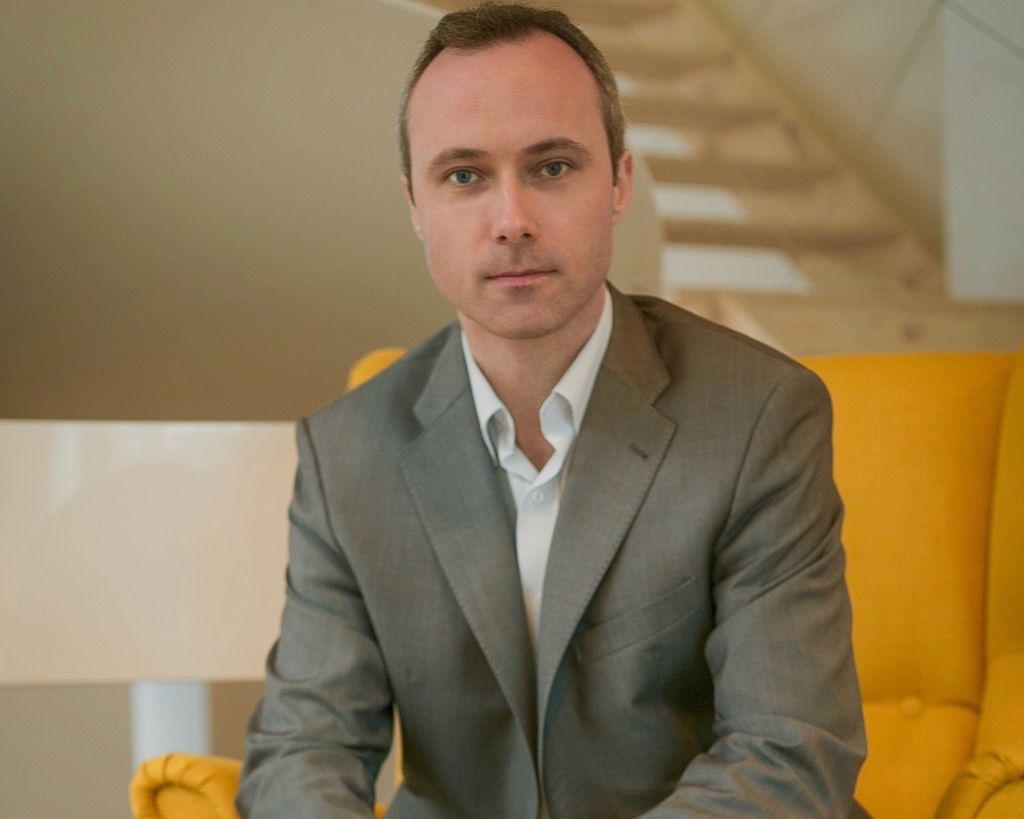 The Innovation Interviews – Alan Murphy CTO of Cellusys
The Innovation Interviews – Alan Murphy CTO of Cellusys
Welcome to Part 2 of our interview series on innovation! Following our research this year with mobile network operators into the most innovative vendors for roaming and interconnect services, ROCCO continues to dig further into what Innovation is truly happening in the industry. We wanted to explore what Innovation means to the vendors who are according to mobile network operators the most successful at innovation; this week we are thrilled to have Alan Murphy, the CTO of Cellusys explain to us how Cellusys who scored 4th place in our Innovators report, think about and what keeps them going. Let’s be clear ROCCO does not select the leaders in Innovation, this is done by MNOs so it is really interesting to see which Vendors are leading in the mind of MNOs.
Cellusys is a Dublin based signalling security and roaming management company, and we are very honoured to have shared an hour of ideas and thoughts with Alan. Once again, Jason Bryan, CEO of ROCCO will be leading the interview, so get ready for some wonderful quotes!
What inspires you?
J.B: Alan, it’s a pleasure to meet you, first we have to start with the simplest of questions, what inspires you?
A.M: As an engineer, you want to solve problems and you have this inner desire to create excellent products; you want to make things better. I guess it’s a human desire; you want to leave things better than they are now and I think that is quite a strong driver for innovation. It’s a creative process, so it’s inspirational. It’s not about a 9 to 5 job; it’s something to get up for in the morning.
J.B: Indeed, a lot of companies are inspired by becoming more powerful or having larger revenues, but there are a few companies we are starting to discover who are trying to change things for the better and improve the situation for the benefit of the operators or the industry.
A.M: We always wanted to make sure our products were easy to use because if they’re easy to use, people will actually use them and they provide the most benefits to the operators. From our perspective, we came from a different place to a lot of our competitors in Ireland. We had come from the marketing SMS side, dealing with customers and marketing campaigns, so maybe we had a different angle on things.
J.B: New companies who are also new to this industry definitely have to do some research on their own, whereas the vendors are already in the industry, they don’t face that challenge. But asking yourself “What is my role now?” or “How can I contribute?” is a really good way to get ahead of the competition.
A.M: For me, that is related to what are we learning and how that can be used to further the state-of-the-art-solutions. I know one of your questions is “Do you learn more from your successes or failures?” and when I saw the question I thought traditionally people say “I learned more from my failures because I failed and needed to improve” but it’s not as easy as that. You learn from both and I guess, from my perspective, I like to look at things in kind of a scientific way – like an experiment. Whether you succeed or you fail, you always learn something. And it’s more about the attitude. Failure tends to demoralize people and that limits your ability to think innovatively. But when you’re successful, it can lead you into a false sense of security – it can also reduce the human capacity for thinking innovatively. If you approach things boldly, take it as a learning opportunity and don’t overreact when something goes wrong or even when everything works perfectly, it can keep you focused on constant improvement. But I would say that we learn more, on balance, in failures because when you’re experimenting there are always going to be failures and they need innovative thinking to turn into successes. Don’t overreact to whether it’s a success or failure – keep that constant improvement alive.
J.B: Success helps you to realise what you’re doing right and appreciate reaching that certain point and now it can go a step further, whereas failure teaches you that you have to change and move in a different direction. But it’s also nice to have the confidence to know you can make that step.
Childhood Idols
Our next question is a bit more connected to your background – who were your childhood idols?
A.M: If we go back 30 years when I was a child, I probably would have said something like Optimus Prime or some other fictional characters, but now I would say it was my grandfather. He was from the countryside, he left school at thirteen, trained to be a smith, he did many different jobs and had a workshop at the back of his house where he would be in there creating things, fixing, welding and angle grinding. Everybody in the town would go to him when they needed something fixed or something made. At one stage, there was a circus in town and they actually asked him to fix something, and he did such a good job they asked him to join and he went traveling with them for a while! Such an inspiring man. He’d never say no, he’d try his best. And he was always there for people, he’d always help anyone who needed it. My only regret is that I never got a chance, as an adult, to have a pint with him. But as a child seeing this man work was very inspiring.
J.B: People are inspired by those who fight back and move things forward, but also those who are not afraid to help. Some of these situations lead to really amazing things just because you’re willing to be the one to step out and offer help.
A.M: Absolutely. And that attitude about being open rather than closed and keeping to yourself, which is a little bit more prevalent these days, it opens new doors and that’s where things happen.
What Innovation means
J.B: In terms of innovation itself: we see that it’s often measured by patents – I don’t know if that’s an appropriate way to measure it, but what does innovation mean to you?
A.M: Innovation and patents seem kind of synonymous. I don’t think I agree, I think much more work, especially in the software industry, is done without patents. Patents are just a method to add value to your company; innovation does not depend on them. For me, innovation is probably more about the evolution of ideas than coming up with revolutionary ideas – small steps taken in new directions. Building up that kind of culture of innovation is an ongoing process, but it kind of starts with being very familiar with your domain, the current state-of-the-art solutions and once you have that, that’s when innovation happens and ideas start flowing.
We obviously need a thorough understanding of the problem domain, and with roaming and security it’s quite a big problem domain. We send our engineers out for pre-sales, into conferences, to do installations then after-sales support. We’re exposing the engineers to the entire ecosystem and more specifically, dealing directly with customers, the people who are going to be using the products – how can you create innovative solutions without first understanding the entire breadth and depth of the problems? Innovation is this constant incremental improvement; measuring it is more multifaceted than just patents.
How you capture ideas
J.B: So to move on to one of the other questions: talking about innovation in Cellusys, when you have an idea, whether it’s internal or from a customer, or even just somebody on the sidelines – how do you capture ideas?
A.M: I think there’s a general approach to it, but I think it also depends on the idea. Every idea begins with first understanding the problem domain and everybody involved must understand the context. Once you have that, it’s pretty easy to identify whether it’s a good idea or not. We whiteboard, we explore the idea, we go away and we come back. The execution of the ideas is the most important part – 1 percent inspiration and 99 percent perspiration. You can’t deliver an idea to a customer. You have to deliver a finished product with great attention to detail. Here in Cellusys, we have the freedom to be honest – whether you’re an intern or an experienced developer – anyone can voice their opinion. But it’s also important to have this trusted space where you can put forward your ideas with confidence. You start with something that’s fairly rough and you polish it to be a diamond, but the other extreme of that is building up this idea that what you develop and deliver is perfection. One of the phrases we often use is “Perfect is the enemy of good enough”. You don’t want to be constantly pushing everything out to get something ‘perfect’ because once you deploy it to a customer you learn so much – that’s when you start perfecting it.
J.B: You just have to be in the right environment to know how to formulate the idea. But also you have to have somebody who’s willing to listen and take it forward because it’s rare to find people who listen to others.
A.M: Another famous phrase is “Necessity is the mother of all invention.” because sometimes you have no option. Sometimes you have to find innovative ways, the clock is ticking and things must be done by a certain time; as a company you have constraints of time and resources. And especially with software development, it’s very important that you develop a solution as early as you can.
On the “One Invention”
J.B: If there was one invention you wished you had made when you had the chance what would it have been?
A.M.: The invention that is the greatest of the modern era is the Internet: it has changed communication between people and it has the ability to spread ideas, advance human development. It’s such a massive change in civilization, the biggest benefit being the ability to communicate instantly with people and that’s what creates innovation in itself. That would be the invention I would’ve loved to have been a part of.
The future of Cellsusys
J.B: Considering how many opportunities Cellusys has, how do you see the future of the company?
A.M: Well, the first thing we all have to do is leverage where we are; all of our products are built on our core signalling platform. We developed it all ourselves. No dependencies on third parties. We see those messages and control them, we’re not just passively sitting there trying to use some analytics to control other elements in the network. We can manipulate message flows whether it’s security or roaming. We give a lot of control to our customers on their networks; this allows those kinds of policies to prevent fraud, prevent attacks, optimize their roaming revenues etc… But when we move to the next level with the Internet of Things and massively connected systems – how will the operator keep up with that? It’s our job to figure out how to get all the data, to sift through it and present the most important parts of it to them and let them control it. This, for us, means the exciting field of machine learning and artificial intelligence.
That’s where my R&D is right now and hopefully, with some of our closest customers by the end of the year, we will have some of these things installed and tested. But we really don’t know, it might not even work as well as we expect. But we have to try, we have to look and see what the customers are facing. There’re less people doing the same amount of work. How can we help that? How can security experts be in every single operator monitoring everything that’s going on, making sure no new attacks are happening? And they are happening. How do we make it easier for them to see these attacks to track the next threats? To me, that comes from an evolving system that can learn, identify anomalies and patterns, and present that to the customer in a way that is hopefully a little bit simpler and reduces the level of expertise they require. That part is kind of core to our R&D at the moment.
We have a huge amount of suggestions from our customers in terms of small improvements to our products: from the new EU regulations to the Internet of Things, tracking the usages and analytics, etc. – we have enough to keep us going. But for now, we’re exploring it, we’re going through it. And as an engineer, I’m really excited about it, it’s refreshing.
When you work with such a brilliant team of people, it really makes innovation and delivering excellent products a lot easier. We’re really lucky to have such a great team and not just in the technical department, but all over. We have that kind of culture of… I would say innovation, but we have a slightly different way of looking at things, I think – that really is the difference here. It’s a pleasure to work with them.
Cellusys ranked 4th place in ROCCO’s “The Innovators” Report 2017 a piece of research produced solely from the feedback from over 250 global MNO responses to 18 key Innovation KPIs.
Learn more about our report here
Polina Hristova Journalist at ROCCO





